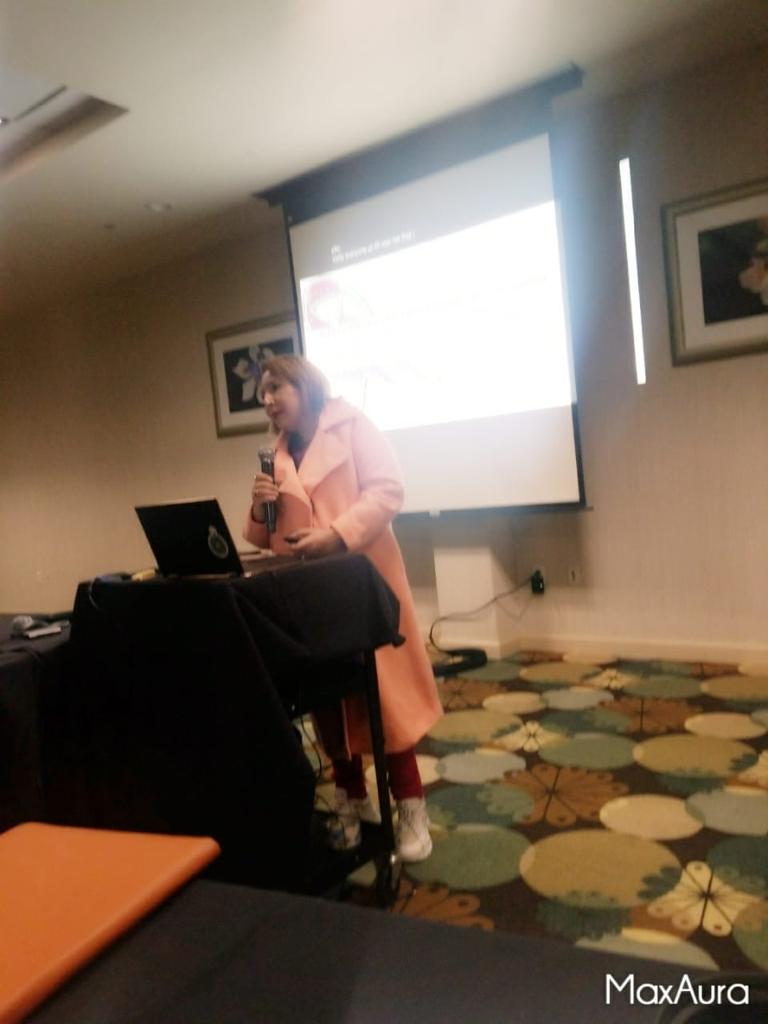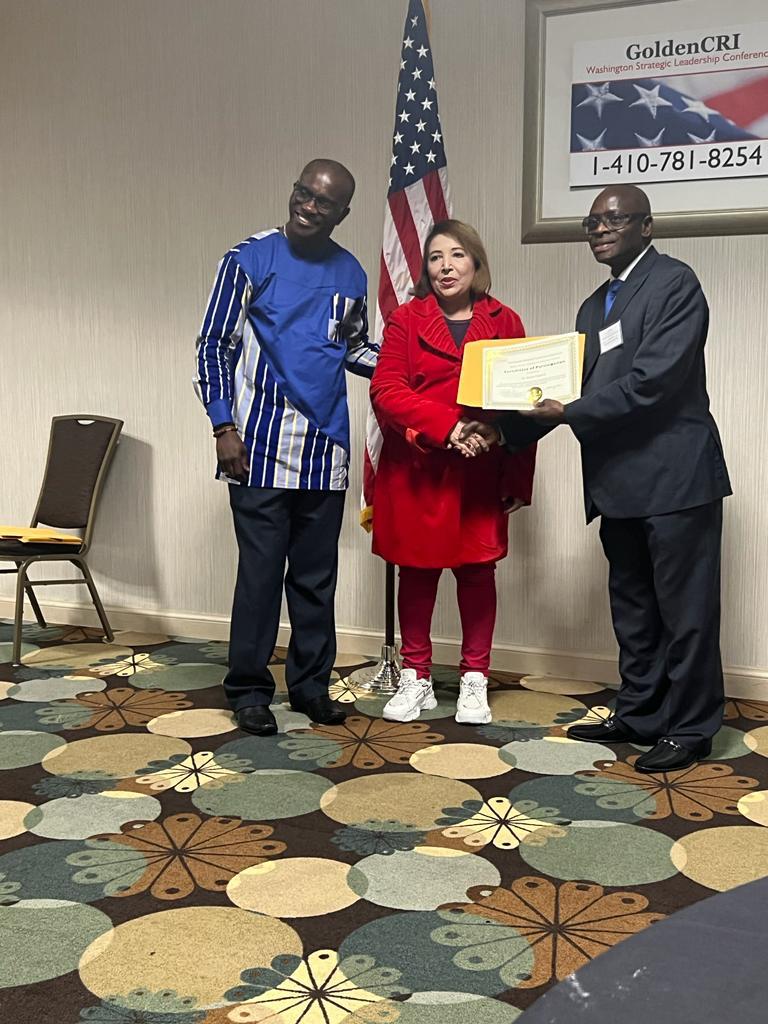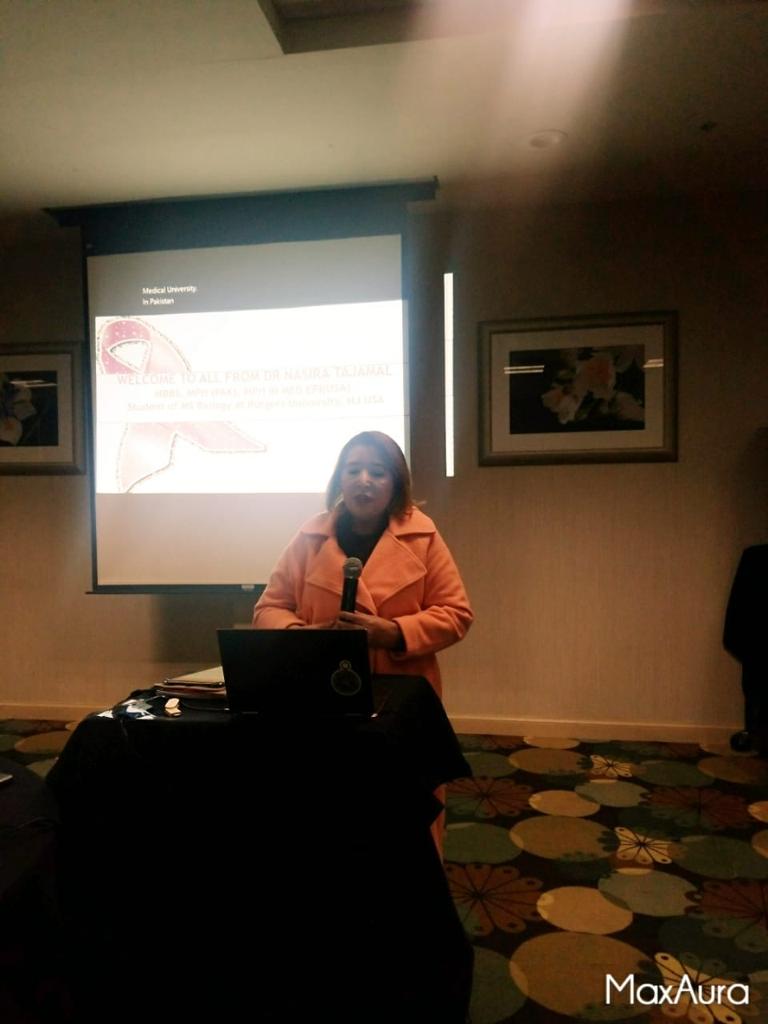Leadership Qualities and Breast Cancer Knowledge among Medical Students of Rawalpindi Medical University, Pakistan.
Abstract:
This study aims to promote the importance of awareness of the early diagnosis of breast cancer among females. And this can be achieved by increasing knowledge and leadership qualities among medical students. We conducted a study to assess the knowledge, attitudes, and practices related to breast cancer screening among medical healthcare professionals. This unique notion of merging these two concepts which are knowledge of Breast cancer and Leadership qualities among medical students is vital because these qualities, if present concurrently, can bring an extraordinary change in reducing the mortality rate due to breast cancer. Medical students can play a major role in this purposeful task by actively participating in activities such as arranging awareness programs, counseling the patient for self-examination, and ensuring the importance of early diagnosis and treatment. This cross-sectional study was conducted from January 2021 to June 2021 at Rawalpindi Medical University Pakistan. The data from 500 students were analyzed. The Likert scale questionnaire was designed for this study.
In Pakistan, the risk of developing breast cancer has increased, with one in every nine women at risk of developing the disease in her lifetime [3]. Pakistan has one of Asia’s highest age-standardized incidence rates of breast cancer. [4] According to the United States Breast Cancer Foundation, about 1 out of 8 U.S. females (about 13%) will develop invasive breast cancer throughout their lifetime. In 2021, an expected 281,550 new occurrences of invasive breast cancer cases are expected to be analyzed in women in the U.S., alongside 49,290 new cases of non-invasive (in situ) disease.
The results of the study when analyzed on SPSS about the knowledge of Breast Cancer and Leadership qualities among medical students showed r value (correlation coefficient) of more than 0.7 and a P-value (significance value) less than 0.05 in all the questions which is a strong relationship.
“Co-Authors Dr. Maryam Tajamal, Dr. Ikramullah Malik, and Dr. Salman Tajamal”
“Research by Dr. Nasira Tajamal”







